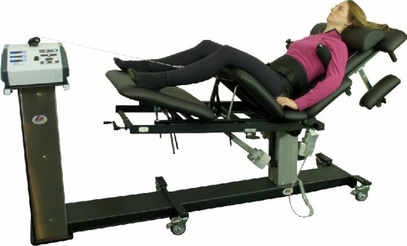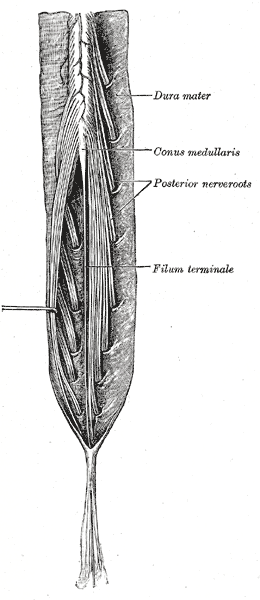THE IMPORTANCE OF A GOOD HISTORY AND EXAM BEFORE UNDERGOING SPINAL DECOMPRESSION THERAPY
The importance of listening to my patients hit me full in the face this week. On Monday, I had a new patient present with horrendous low back pain. He had been to an Emergency Room the previous day, was examined, sent home, and told to take high doses of Ibuprofen. He came to see me the next day because despite being a tough-as-nails saw mill worker, he could no longer tolerate the pain. Although I see people in terrible pain each and every day I am in the office, this person also presented with........
- BILATERAL SCIATICA: Any time SCIATICA is bilateral, it starts to raise a red flag.
- SADDLE PARESTHESIA: He had abnormal sensation on the inside part of his legs that would come in contact with a saddle if he were riding a horse.
- TESTICULAR ANESTHESIA: He could not feel his testicles.
- ANAL ANESTHESIA: He could not feel it when he wiped his rear end.
- ANAL LEAKAGE: He was leaking feces ---- and could not feel it happening.
Any one of these is a potential Red Flag, but when put all together it is like a huge, glowing, UFO camped out just over your house. I gave this individual a letter outlining my findings that took me two minutes to scrawl on office letterhead. I also told him to go to a different Emergency Room and give the letter to whomever they came in contact with first --- immediately. Mind you, I did not actually do an examination on this person. There was no need. I simply got this information from what he told me during a three minute consultation.
I wrote on the letter that I believed he had CAUDA EQUINA SYNDROME; a serious condition that requires immediate surgical intervention. The cause of the Cauda Equina Syndrome? After having an MRI done, they discovered a tumor pressing on his spinal cord.
His wife called our office yesterday and told Tracy the story, who then relayed it to me. He is scheduled for surgery later this month. Needless to say, she was extremely grateful we actually took the time to listen to them; and then she thanked us for going out of our way to help him get the help that he needed.
Interestingly enough, I had another patient whom I examined yesterday and who will start her Decompression Protocol on Monday. She was excited because someone had actually "examined" her in a thorough fashion as opposed to a tap of her reflexes, bend forward, and here's a prescription for pain pills, muscle relaxers, and anti-inflammatory drugs. Unlike him, I am completely convinced she is a GOOD CANDIDATE for Spinal Decompression and will get dramatically better with a good SPINAL DECOMPRESSION PROTOCOL.





 RSS Feed
RSS Feed
